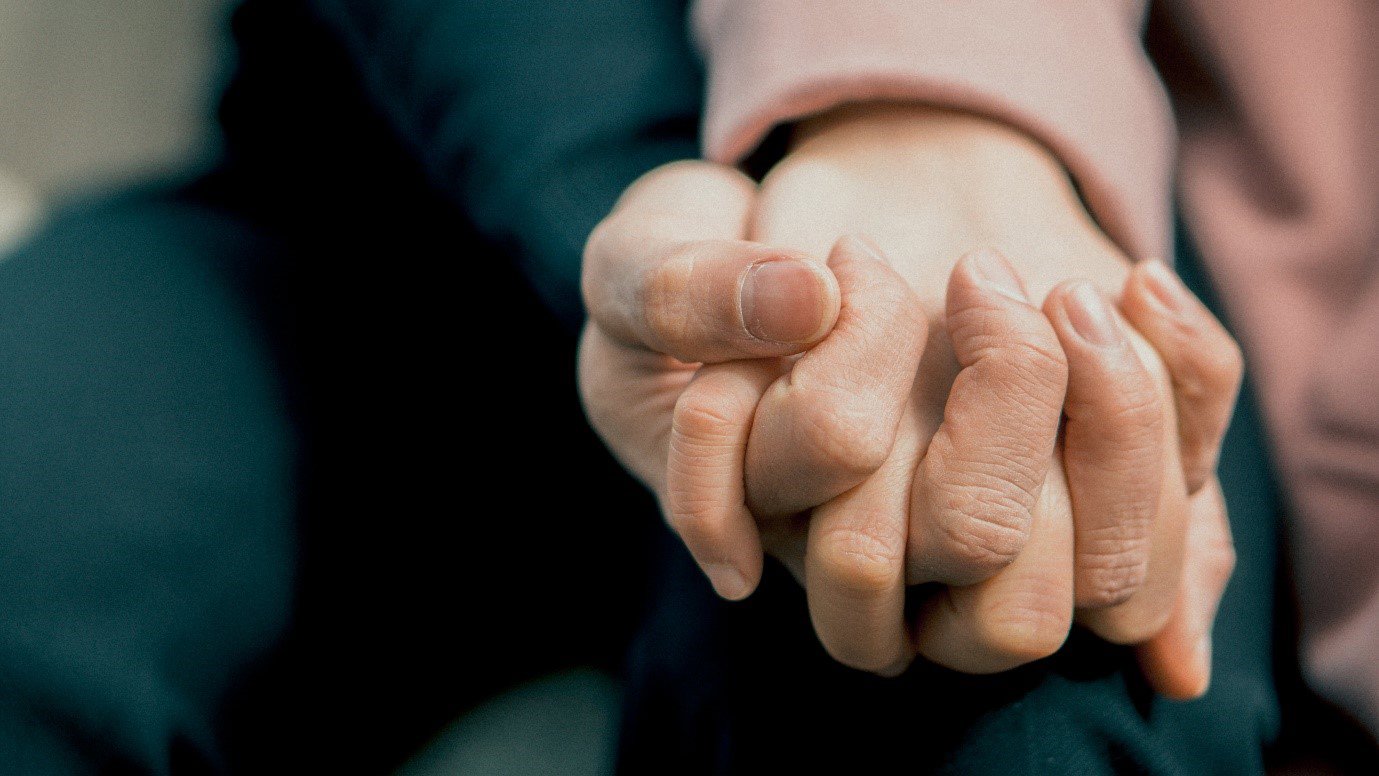Why Childhood Trauma Increases the Risk of Alcohol Abuse
While childhood trauma doesn’t guarantee that you will develop an alcohol or drug addiction, it has been shownto increase the risk.
Young children’s brains and bodies are still developing, so if they experience trauma, they usually don’t have the coping mechanisms or the maturity to process what has happened to them.
An event or incident that wouldn’t be traumatic to an adult, may be perceived as a traumatic event for a young child. As they are too young to understand what has happened or how it has affected them, the lasting effects can stay with them for years to come. As a result, they may then search for ways to escape these feelings.
It’s well known that alcohol is often used as a way of escaping feelings and coping with traumatic events. Trauma that we experience as a young child can cause long-term mental health issues too, which may also lead to self-medicating through alcohol or drug abuse.
Signs of Alcohol Addiction
Alcohol addiction can affect everyone in different ways and it’s not always easy to spot the signs.
If you’re worried about someone close to you, or about your own drinking habits, here are some things to look out for:
- Inability to stop drinking or say no to alcohol
- Loss of interest in everyday activities
- A strong craving for alcohol
- Problems sleeping
- Mental health problems, such as anxiety or depression
- Changes in mood e.g. becoming more irritable or secretive
- Relationship problems with family, friends or a partner
- Drink driving
- Increased alcohol tolerance levels
- Withdrawal symptoms e.g. shaking, sweating and nausea
- Attempting to hide drinking habits from others
- Neglecting responsibilities e.g. work or childcare
It’s common for those struggling with alcohol addiction to deny there’s a problem or become defensive if someone close to them tries to bring it up. If you’re worried about someone close to you, it’s important to talk to them calmly, with empathy and without any criticism or blame.
If you’re worried about your own dependency on alcohol, there are plenty of support services out there to help you. You should also consider talking to a partner, friend or family member about your concerns. Remember, there is support available for everyone who needs it.
Breaking the Cycle
In many cases, those who are the victims of abuse or traumatic events as children are worried about their children being subjected to the same abuse. But without realising, children of alcoholics are usually at an increased risk for developing emotional problems.
As such, the children of alcoholics can also develop an alcohol addiction, which causes a cycle. They may also be at an increased risk of depression, poor educational record, and anxiety.
For this reason, if you are struggling with an alcohol addiction and you have children, it is important that they are also getting the support they need. For instance, their school may be able to offer some counselling to help them understand their feelings and what you, as their parent, are going through.

How Alcohol is Used to Cope
When someone turns to alcohol to try and cope with childhood trauma, they don’t usually intend on using alcohol for negative purposes. In many cases, alcohol addiction comes from an intention of trying to find a way to cope or silence feelings and memories.
Here are some common reasons why people with childhood trauma use substances like alcohol:
Escape
When someone has experienced trauma, it can often lead to recurring memories or thoughts that are unwanted. Trauma can be triggered by smells, people, specific locations, and objects, which are in some way associated with the experience. Often, the victim of trauma will not necessarily understand why certain things are triggering, as they don’t yet understand the effects it has on them.
Alcohol can often serve as a way to silence those triggers and any unwanted thoughts that come with them.,
While this is only temporary, it offers the victim some sense of relief.
Coping Mechanism
Sometimes a traumatic experience or event can leave a person with pain that is unresolved. In many cases of childhood trauma, they have never been able to express or process what happened to them or understand the impact that it had on them.
As a child, they most likely didn’t have a healthy coping mechanism or know where to start with understanding the event. As such, they can turn to alcohol or drugs as a way to self-medicate. Alcohol provides a temporary solution, as it removes either some or all of the pain for some amount of time. Although, alcohol can often worsen the effects of trauma over time.
Creating Relationships
If someone has experienced trauma, whether that is as a child or adult, it can make it difficult for them to build meaningful connections with other people. As a result, it becomes tough for them to form relationships, including romantic partners and friends.
Alcohol can often increase a sense of confidence and reduce anxiety, allowing the victim of trauma to socialise with others. It can also help you to find common ground to form connections.
Euphoria
When people drink alcohol, it can provide a euphoric feeling. Many people who have experienced trauma look for a way to feel better, which alcohol can temporarily help them achieve.
Take Back Control
After experiencing trauma, it can often leave someone feeling like they have no control over their life. Alcohol abuse can sometimes provide a sense of power, giving back some control.
Redefining Identity
Much like losing a sense of control, people who have been subjected to traumatic events can often view themselves differently as they did before the incident. It can also impact how they view the world and everyone around them, including friends and family.
A traumatic event can completely reshape how someone thinks about themselves and how they look at life overall. This can be an isolating feeling and leave someone feeling like they are alone.
Alcohol abuse can give them a sense of redefining their identity and the impression that they can decide on who they want to be.
Where You Can Get Support
The first step is realising that you have a problem and that you need help. A great place to start is going to your GP for help, who can suggest a range of support options that are available to you.
As well as going to your GP for help, there are anonymous helplines and charities who can offer support for alcohol abuse and mental health problems.
Here is a list of some charities and organisations that can help:
If you are a survivor of abuse and you’re struggling, please know that we are always here to listen. If you’d like confidential legal advice and support about reporting your abuse to the police or making an abuse claim, please get in touch with our dedicated team of Child Abuse Solicitors.




